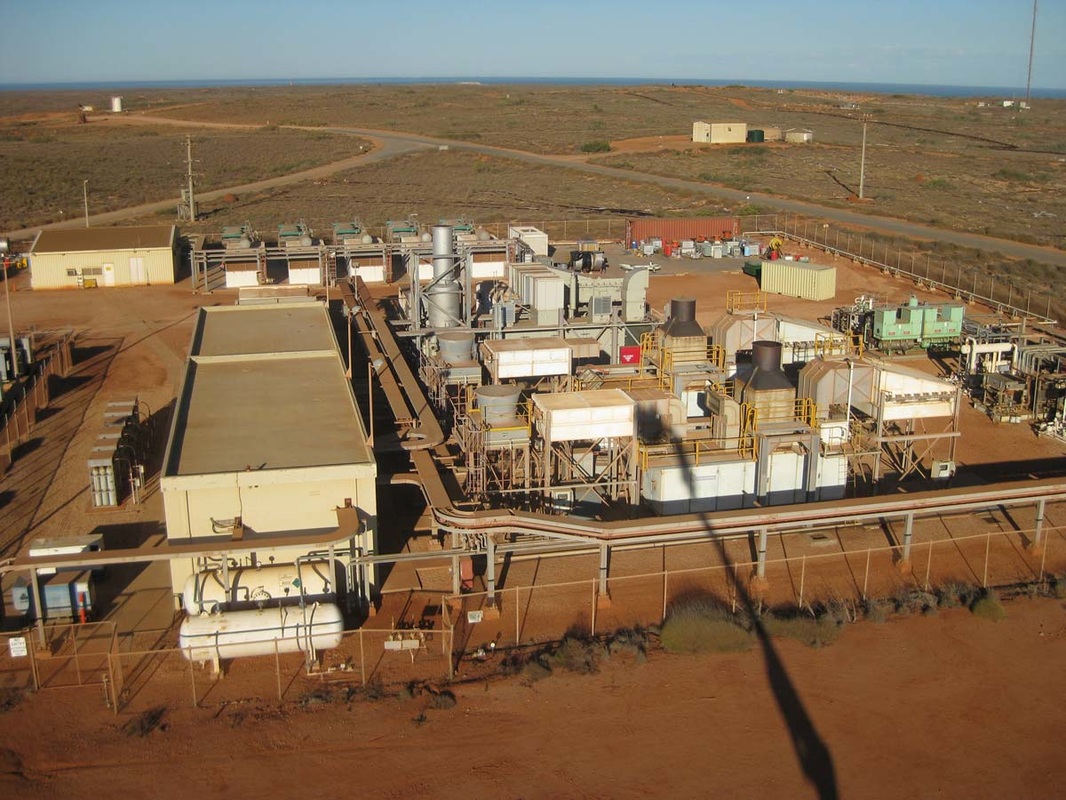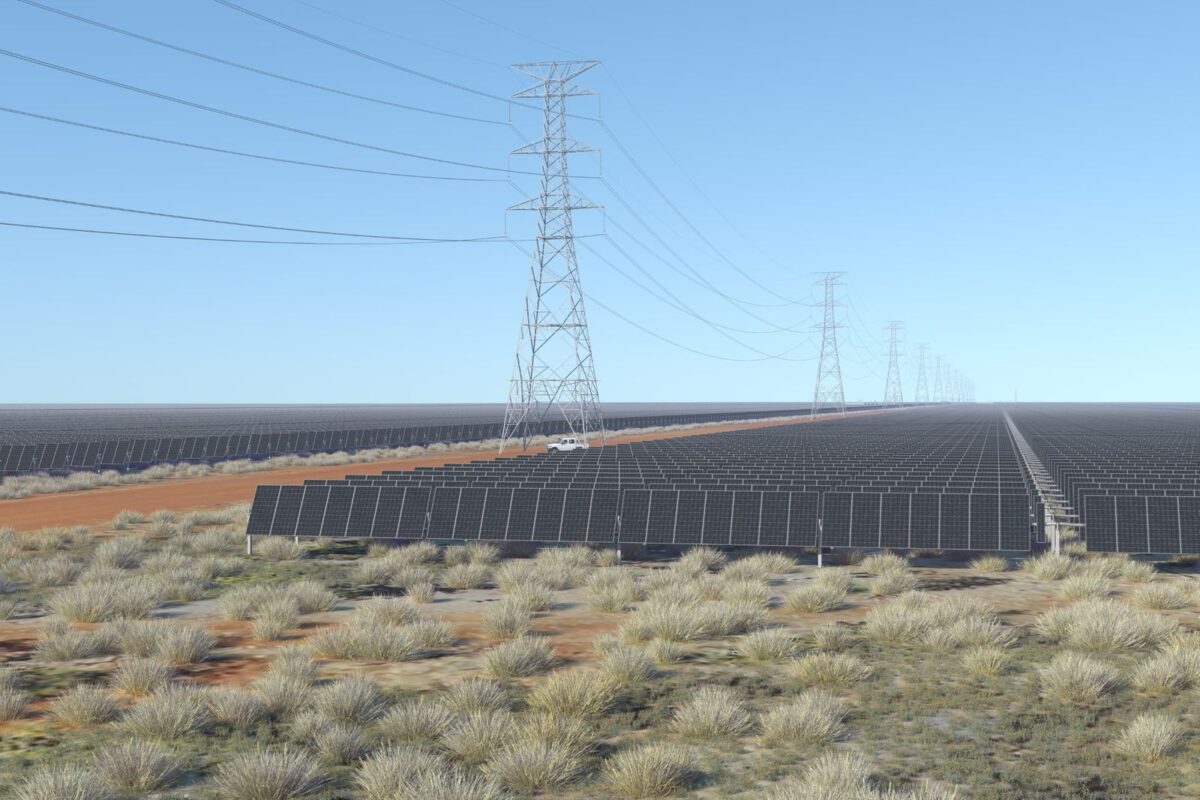The 6.7 MW solar PV array was integrated with an existing diesel power station to become the country’s first fully-integrated commercial hybrid diesel/solar facility.
The nickel, copper and cobalt mine, operated by Independence Group (IGO), has an initial 6-year VPP with Zenith for the supply of the hybrid system and an option for IGO to extend by a further two years. That extension looks quite likely considering the stellar performance the hybrid system is already doing.
Zenith Energy’s Managing Director, Hamish Moffat, said the company is “absolutely thrilled with the performance of the system to date, which is saving Nova in the order of 6,500 litres of diesel every day.”
“Importantly,” said Moffat, “this is the first hybrid solar PV-diesel installation that has been funded on a commercial, standalone basis- without any Government subsidies.”
This is indeed a significant first in the mining industry, an industry swiftly turning to renewables, especially solar PV. Last month the World Gold Council released the findings of an extensive research project in which it stressed the utility of solar PV for mining the world over.
Australian mines have been at the forefront of this transition, be it Agnew Gold Mine in WA, which installed a 4 MW solar, 18 MW wind, and 13MW battery to form a microgrid that can provide up to 54% of the mine’s electricity needs. Or the DeGrussa project at Sanfire’s copper and gold mine in WA, which boasts the country’s largest solar PV installation at a mine site, a hybrid system comprising a 10.6 MW solar facility coupled with a 6 MWh battery integrated with an existing diesel generator similar to Nova.
Of course, projects such as these, such as the Agnew Gold Mine’s installation, required significant subsidisation from the Government, indeed the Australian Renewable Energy Agency (ARENA) supported the microgrid’s construction to the tune of $13.5 million. Clearly, the ability for these projects to see completion without Government aid is a significant step in solar PV’s industrial uptake.
Oliver Yates, former Clean Energy Finance Corporation (CEFC) and current CEO of Bronze Boar Investments, recently spoke to the Smart Energy Council (SEC) about Australia’s need to get behind renewable reindustrialisation. “Australia missed the dotcom-boom,” said Yates, “but we can’t miss the clean energy boom…We can become a smart, reindustrialised and reinvigorated nation.”
Thankfully, industry seems to be getting the message now, and it can devote its time and money to its own energy transition rather than waiting for tardy government intervention. “The implementation of new technologies with the construction of a hybrid-solar system at Nova will enable IGO to reduce our CO2 equivalent emissions by approximately 6,500t per annum,” said IGO’s Chief Operating Officer, Matt Dusci. “The solar facility will also decrease our cost structure through reductions in our diesel fuel usage.”
Interestingly, the unique hybrid system developed at the Nova mine site nullifies the need for battery storage. This, argues Moffat, is another major progression in the uptake of renewables by industry because of its capital cost optimisation. After all, the uptake of renewables is not hindered by the cost of solar, which continues to fall consistently, but the notoriously slow development of batteries, though they have progressed in recent years.
The Nova mine, 360km southeast of Kalgoorlie, is now enjoying lower energy costs and is helping IGO’s meet its ambitions of reducing its carbon emissions.
This content is protected by copyright and may not be reused. If you want to cooperate with us and would like to reuse some of our content, please contact: editors@pv-magazine.com.









2 comments
By submitting this form you agree to pv magazine using your data for the purposes of publishing your comment.
Your personal data will only be disclosed or otherwise transmitted to third parties for the purposes of spam filtering or if this is necessary for technical maintenance of the website. Any other transfer to third parties will not take place unless this is justified on the basis of applicable data protection regulations or if pv magazine is legally obliged to do so.
You may revoke this consent at any time with effect for the future, in which case your personal data will be deleted immediately. Otherwise, your data will be deleted if pv magazine has processed your request or the purpose of data storage is fulfilled.
Further information on data privacy can be found in our Data Protection Policy.